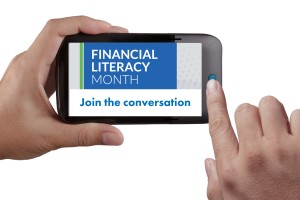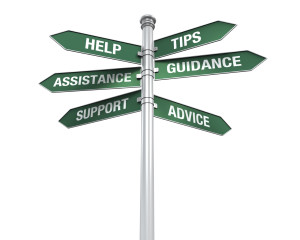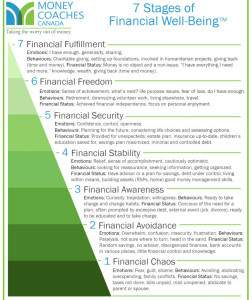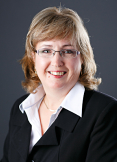By Melanie Buffel, BA Psych, MBA Candidate
November is Financial Literacy Month in Canada and this is a wonderful opportunity to learn from each other’s experience, sharing our knowledge and feelings about money.
There are so many financial concepts, products and services that one of our goals as Money Coaches is to increase each client’s financial knowledge and skills. We intend that after our work together is complete, clients have a financial direction and plan, are confident making financial decisions and know what questions to ask when buying products and services. Financial literacy is power.
When people are in what I call the “Money Fog,” where they feel overwhelmed by the details and choices in front of them, the numbers on a spreadsheet or in a bank statement feel disconnected from their life and behaviours. Together we take action to clear that fog and make sense of the numbers, with decisions driven by goals and a clear path to achieve them. Financial literacy is about more than the difference between an RRSP and a TFSA, (although that’s important to understand too). Financial literacy is about clarity around your goals and a feeling of connection to your money. Continue reading











